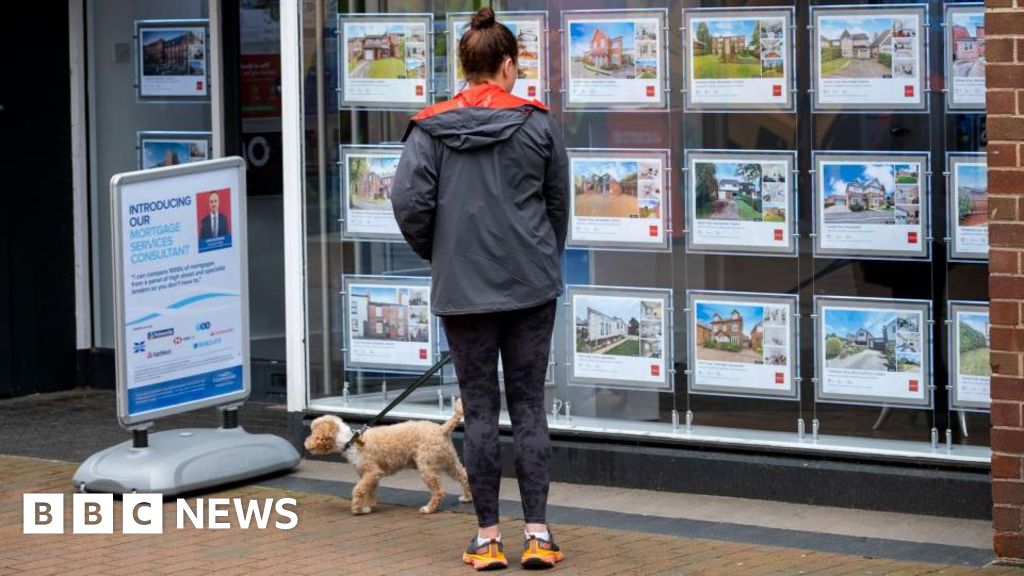
"Chancellor Rachel Reeves has some big decisions to make ahead of the Budget in November. Economists says she is on track to break her own rules on government borrowing unless she can find billions to make up the difference between public spending and tax income. To fix this, several reports have suggested the government is considering shaking up stamp duty and other property taxes - having repeatedly ruled out raising income tax, employee national insurance or VAT."
"Capital gains tax (CGT) is a charge on the increase in the value of an asset when you sell it. It applies to the sale of things like paintings, second homes, and stocks and shares, but main homes are currently exempt from CGT. So, if you bought the main home you live in for 200,000 and sold it for 210,000, you are entitled to all of that 10,000 - barring some exceptions such as for those whose main homes are over 5,000 acres."
Significant borrowing pressures ahead of the November Budget create a need to find billions to close the gap between public spending and tax income. The government is reportedly considering changes to property taxes, including removing main-home CGT relief for pricier homes and abolishing stamp duty, after ruling out increases to income tax, employee national insurance and VAT. CGT currently exempts main homes, applies to assets like second homes and shares, and charges 24% for higher-rate and 18% for lower-rate taxpayers. Revenue outcomes are uncertain because higher taxes could slow transactions and reduce expected receipts.
Read at www.bbc.com
Unable to calculate read time
Collection
[
|
...
]